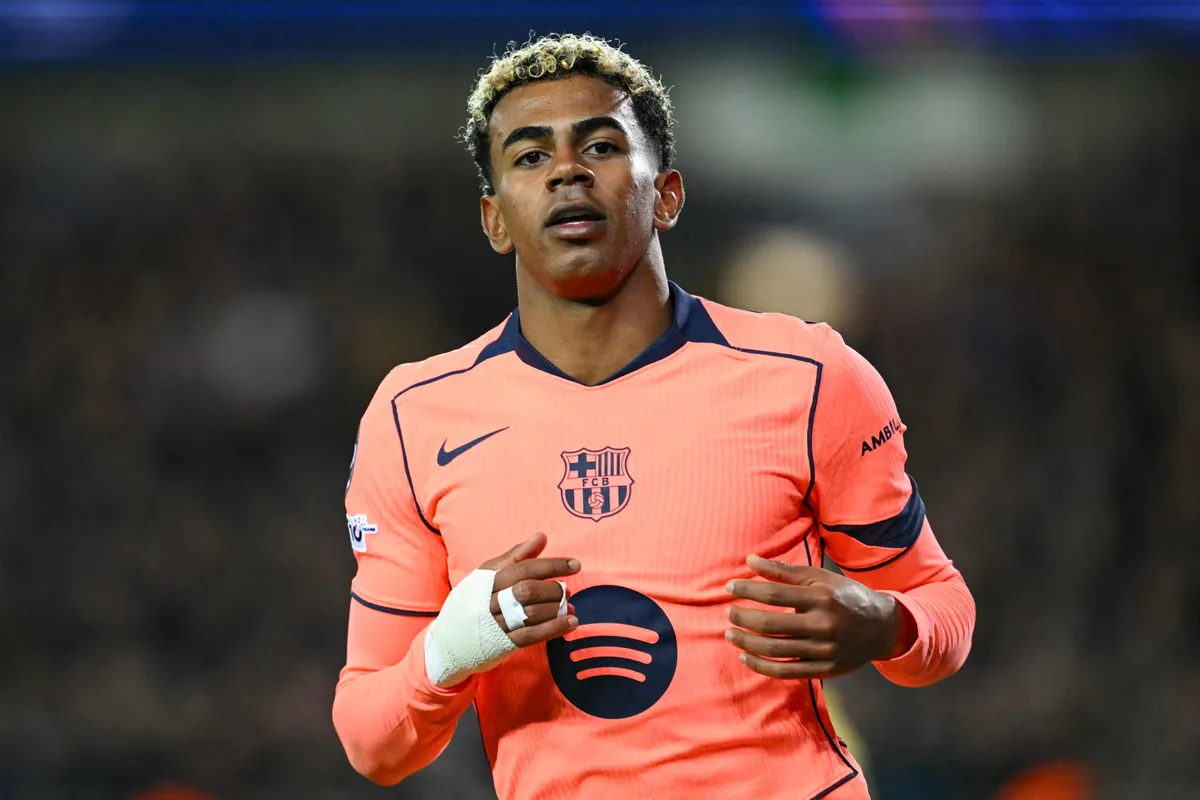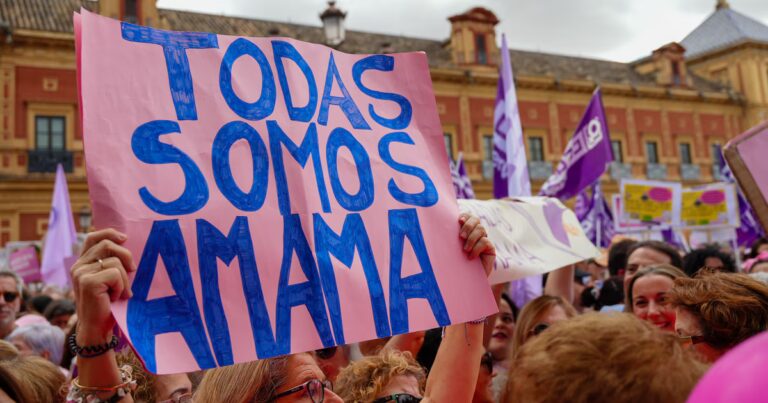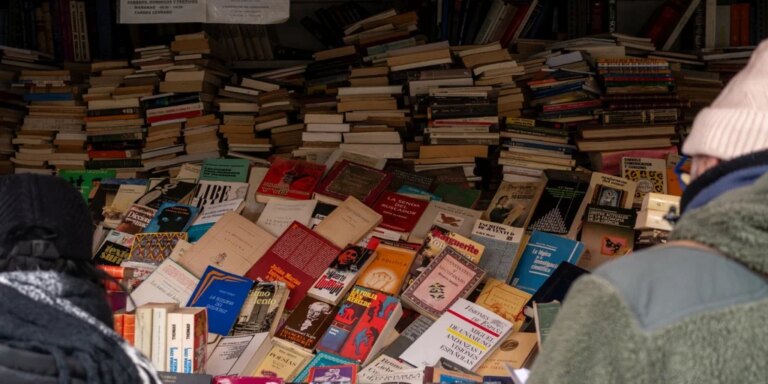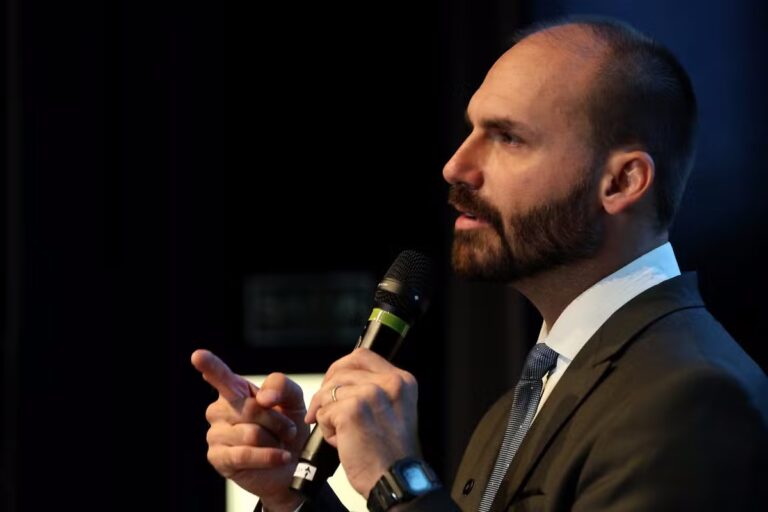
Not so long ago, almost every player’s dream, Brazilian or not, was to become the “new Neymar.” The European press liked to use this cliché whenever a promising talent emerged from the Brazilian academy. But today, being the new Neymar has taken on negative connotations. Being the new Neymar means difficulties. It has become synonymous with wasted human resources, irresponsible career management, and alienation.
No one wants that label. But there is no player in the world today who is more responsible for that than Barcelona’s 19-year-old star Lamine Yamal. Two weeks ago, I used this comparison on a debate show on Radio Marca here in Spain, and my colleague David Bernabéu, a Catalan journalist who has covered the club’s daily life for many years, was so enraged that he almost lost his mind.
It was as if I was threatening the child and putting a curse on him. But it’s a sign of the nervousness that exists around Spanish teenagers. Famous girlfriends, trouble-making fathers, busy off-field lives, and injuries are just some of the similarities, and the comparison has become a frequent occurrence on radio and TV shows.
read more: Flamengo’s Bruno Enrique’s lawyer celebrates STJD trial outcome: ‘Maybe there will be a lesson’
read more: More than 20 Turkish First Division players suspended for gambling scandal
Those in the bubble will try to thumb their noses and argue that a man with a fortune estimated at more than R$6 billion can in no way be considered an example of a bad manager.
But Neymar is not a banker. An athlete’s success is measured by collective and individual accomplishments, victories, and feats. And Uncle Ben says this when advising Peter Parker how to use his newfound abilities. “With great power comes great responsibility.” Having extraordinary talent means a moral obligation not to waste it, but to use it for good.
Neymar was born with perhaps one of the greatest talents in soccer history. It’s safe to say that if he had taken his career a little more seriously, he would have won at least three Ballon d’Ors. It’s a matter of commitment. Athletes don’t have a day from 8 a.m. to 4 p.m. A lack of sleep at night can directly impact your performance and recovery from injury, so you should measure each step and daily decision based on your own physical health.
I imagine how difficult it would be to advise teenagers to be aware of all this. Especially kids who start playing at a young age, spend most of their childhood training, and then suddenly sign their first contract and become millionaire celebrities. It’s natural to feel invincible. Untouchable. We all have lessons learned from mistakes in our youth.
Our Ronaldo talks about this all the time, both in public and in private with his players, trying to use his legendary figure as a mentor so that many young people don’t repeat the mistakes he and his colleagues made.
But people in the bubble either don’t seem to understand such lessons or want to ignore them. They assert an “us against the world” discourse, portray players as misunderstood youth, and represent preaching from an alienated and alienated sect. And even leaders are reinforcing this stance, as this week Alexandre Mattos posted paranoid posts on social media defending the indefensible.
After a special year in which he led Spain to the European Championship, led Barcelona to the Spanish Championship and the Copa del Rey, and missed out on the Ballon d’Or to Ousmane Dembele, Lamine Yamal has been in the news more off the field than on it. Parties, travel, controversial comments and painful private parts that directly affected performance led to bitter disputes between club and national team, and a public exchange of abuse over the management of the player’s career.
Lamine will not play in Spain’s final qualifying match against Georgia and against Turquier, but his absence has caused great discomfort. Months before the World Cup, the path of his career became a national dilemma that left the nation in suspense.



